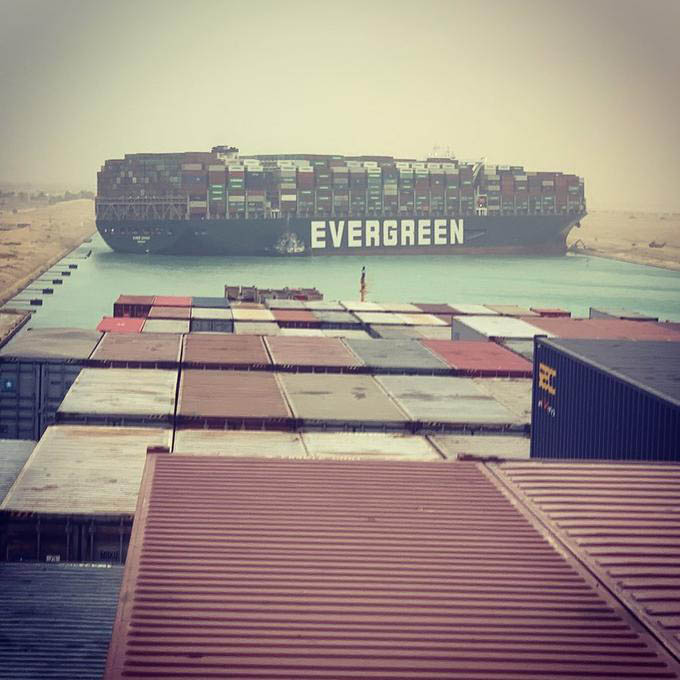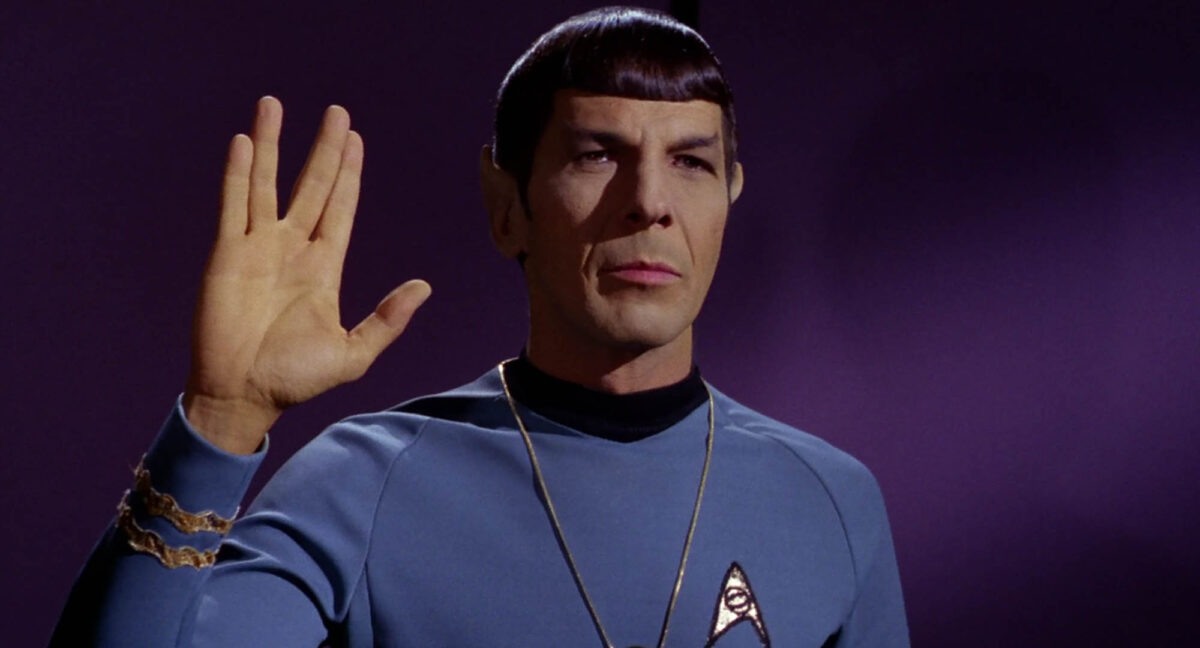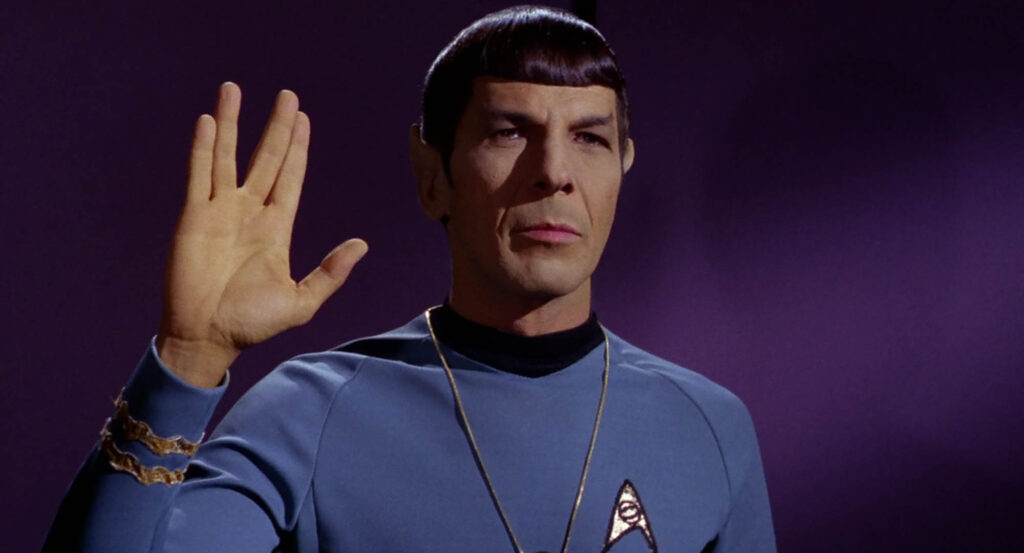A ship in dire straits with a seemingly strange name was another example of Asian languages lost in Western translation
Ben Young Landis and Oscar C.H. Yang
March 29, 2021
“It’s a weird name,” typed many a social media spectator this past week. Yes, much has been quipped of late about the Ever Given — the enormous cargo vessel that had been blocking the Suez Canal — as well as Evergreen, the Taiwanese shipping giant which operates the vessel. But the names actually serve as an example of how Asian languages and cultures often elicit a reaction of confusion or unconscious bias by Western audiences.
Taiwan is a predominantly Chinese-speaking culture, and the Chinese name for the Evergreen Marine Corporation itself (長榮; roughly pronounced in Mandarin as “chaang-rhong”) directly translates as “long glory” or “long prosper” — but contextually it means “evergreen” (the character 長 is used to mean both “long” or “lasting”).
As for the Ever Given, its Chinese ship name is 長賜 (chaang-ssu), with 賜 being an infrequently used and overly formal word meaning “to grant, as a favor from a superior”1 — like a magnanimous royal court to its subjects. Maybe the better English grammatical translation is “Ever Gracious” or “Ever Giving”.

Clearly, there’s a pattern. Longevity is an auspicious theme in Chinese culture, hence the prevalence of the character 長 in the brands and names of businesses and locales. It is frequently paired with other adjectives to create these “lucky” compound monikers in Chinese-speaking regions (a common one is 長春 meaning “forever spring”). Indeed, some 61 ships in the Evergreen fleet repeat the same naming convention combining the 長 descriptor with some other prosperous-sounding word, including 長智 or Ever Genius, and 長聯 or Ever United. And cleverly, the names double as a reference back to the corporate brand.
Basically? You can think of Evergreen’s company name as the equivalent of Star Trek’s famous Vulcan salute “Live Long and Prosper” — and all its ship names as some derivative pun of that. Or, consider the United States Marine Corps motto “Semper Fidelis” — a very similarly constructed phrase.
All that is to say: naming conventions make complete sense in the language of the originating culture, but they can sound odd if directly translated into English. Asian languages are especially prone to this, and major corporations in Asia often sidestep this Western marketing problem by picking an entirely invented name (Acer) or choosing the phonetic pronunciation route (Mitsubishi, Samsung).
Then again, a problem is in the eye of the beholder. It’s really on English speakers to invite a little context and curiosity whenever we encounter a seemingly strange Asian name. After all, the rest of the world is ever gracious in doing the same for us.
Ben Young Landis (@younglandis) is a writer, creative consultant, and science communication trainer based in Sacramento, California. Oscar C.H. Yang is an Adjunct Assistant Professor in Ocean Law & Policy at the National Taiwan Ocean University in Keelung, Taiwan.
“In Writing” presents original essays and commentary. Subscribe to updates at eepurl.com/glGnln or follow @cr8xt.
1Additional Citation: The New Lin Yutang Chinese-English Dictionary. The Chinese University of Hong Kong and Panorama Press Ltd., 1987.


